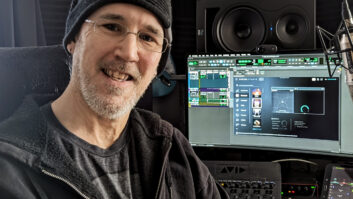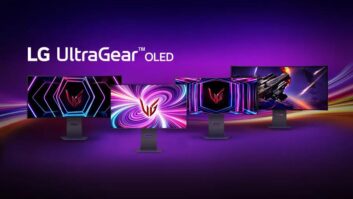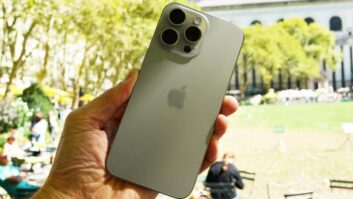With the final result of the Hewlett-Packard shareholder vote on the proposed merger with Compaq not expected for several weeks, analysts are able to sketch out how a post-Compaq PC world will appear.
Most industry observers are leaning toward the deal being culminated and have painted a picture where competing PC vendors, along with HP, will come out ahead in a Compaq-less PC category. To a lesser extent, retailers also might benefit. Dell, eMachines and Sony should gain the most in the immediate aftermath of HP acquiring Compaq, said Steve Baker, NPDTechworld’s director of IT research, and Toni Dubois, desktop PC analyst for ARS, La Jolla, Calif.
“We are going forward with the expectation that it is going to happen,” said Baker, “and Dell, eMachines and Sony will pick up a little share.”
Dubois sees Sony and eMachines gaining the most. Prior to the announcement of the merger last September, Sony had implemented an aggressive marketing strategy for its Vaio PCs and notebooks, which has led to an incremental increase in share. This momentum will only help Sony in the months following any potential merger, as HP implements its new PC retail plan.
HP shareholders went to the polls on March 19 to vote on the $21 billion deal that would have HP absorb arch rival Compaq, but the vote was too close to call and a final count is now being conducted. HP CEO Carly Fiorina has declared victory, albeit by only a few percentage points, while board member Walter Hewlett, who has led the fight against the merger, said it is still to close to call and will not concede defeat. Compaq’s shareholders passed the deal on March 20.
With several months to digest the deal, one of the reasons it proposed, at least from a PC consumer perspective, is now a little clearer, Baker said.
Merging with Compaq was HP’s only practical way of turning around the 18-month long slump in PC sales. One reason for the sales slowdown is excess manufacturing capacity leading to a glut of PCs, and the only way to pare this back would be by eliminating a major PC vendor.
“The third- and fourth-tier vendors are not going away because entry into the market at that end is too easy, so this means having to get rid of a top-tier player through a merger or someone quitting — and nobody was going to leave,” Baker said.
HP and Compaq looked at this, and each decided that if they couldn’t make money on their own they would have to get together. That is why this deal happened, he added.
In the end, retailers may also benefit. With fewer PC competitors, prices might stabilize and boost margins, and it will force the vendors to become more creative in how they deal with the channel. Baker cited the interest most PC makers have shown with TV shopping networks and Best Buy’s recent foray into the branded PC business.
Instead of matching HP’s new PC offerings unit for unit at retail, Compaq has made its feature-laden models available only through its configure-to-order program and not on retailer shelves.
“I just don’t see them being as aggressive in getting into retailers,” she said, “Last year when one would launch a model, the other would match it.”
Adam Anderson, eMachines’ COO, said the company has experienced an uptick in interest from retailers for the past few months and this has swelled lately as the deal is apparently nearing completion.
Initially, retailers expressed a great deal of concern over having to deal with one dominant PC maker, but Dubois believes they have little to fear. “I don’t think retailers have to worry because the new HP will need them just as badly, especially in the beginning,” she said.
Retail Shelf Share













